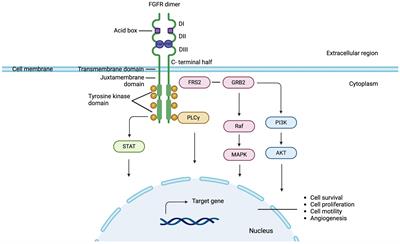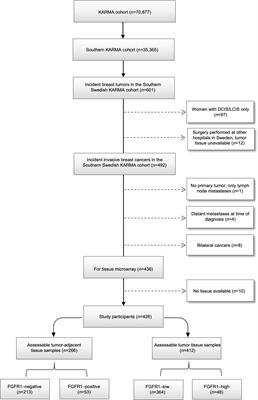REVIEW
Published on 08 Jul 2024
Fibroblast growth factor receptor signaling in estrogen receptor-positive breast cancer: mechanisms and role in endocrine resistance

doi 10.3389/fonc.2024.1406951
- 2,172 views
- 1 citation
5,187
Total downloads
15k
Total views and downloads
Select the journal/section where you want your idea to be submitted:
REVIEW
Published on 08 Jul 2024

ORIGINAL RESEARCH
Published on 20 Jul 2023

ORIGINAL RESEARCH
Published on 11 Jul 2023

REVIEW
Published on 10 Mar 2022

